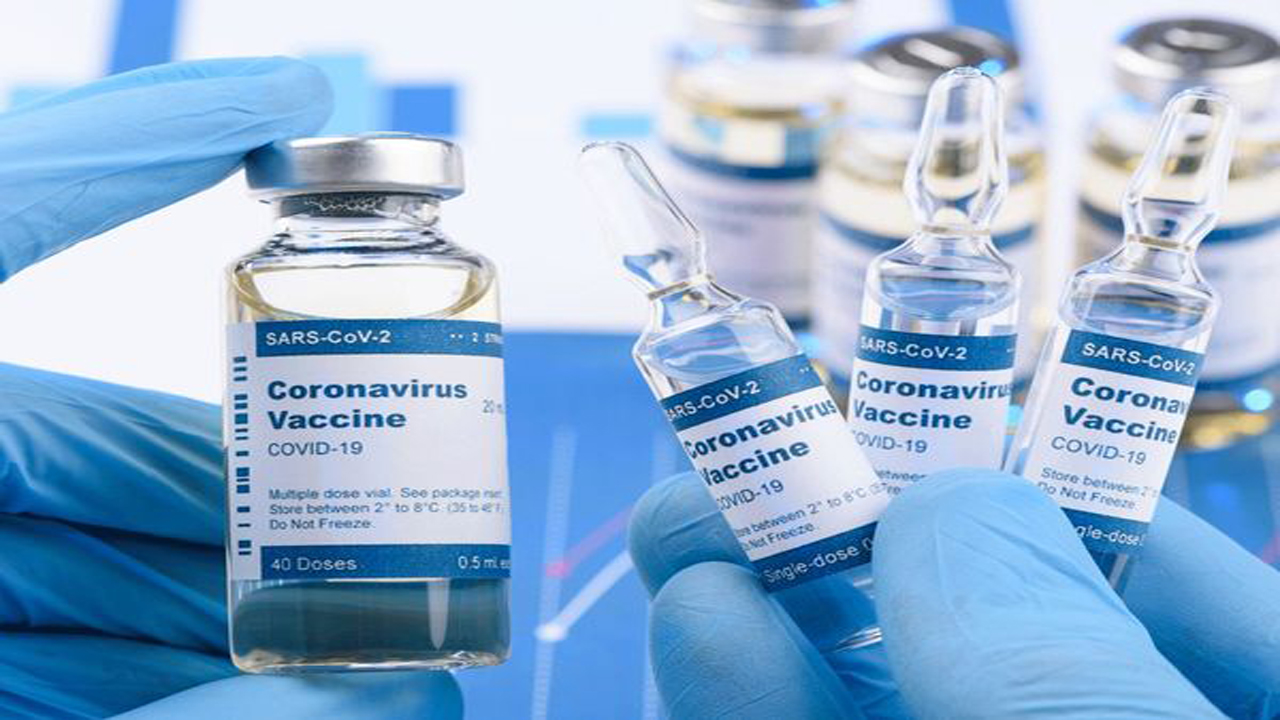From factory to syringe, the world's most promising coronavirus vaccine candidates need non-stop sterile refrigeration to stay potent and safe. But despite enormous strides in equipping developing countries to maintain the vaccine cold chain, nearly 3 billion of the world's 7.8 billion people live where temperature-controlled storage is insufficient for an immunization campaign to bring COVID-19 under control.
The result: Poor people around the world who were among the hardest hit by the virus pandemic are also likely to be the last to recover from it.
The vaccine cold chain hurdle is just the latest disparity of the pandemic weighted against the poor, who more often live and work in crowded conditions that allow the virus to spread, have little access to medical oxygen that is vital to COVID-19 treatment, and whose health systems lack labs, supplies or technicians to carry out large-scale testing.
Maintaining the cold chain for coronavirus vaccines won't be easy even in the richest of countries, especially when it comes to those that require ultracold temperatures of around minus 70 degrees Celsius (minus 94 F). Investment in infrastructure and cooling technology lags behind the high-speed leap that vaccine development has taken this year due to the virus.
With the pandemic now in its eighth month, logistics experts warn that vast parts of the world lack the refrigeration to administer an effective vaccination program. This includes most of Central Asia, much of India and southeast Asia, Latin America except for the largest countries, and all but a tiny corner of Africa.
Keeping vaccines at stable temperatures from the time they are made until they are given to patients also requires mobile refrigeration, reliable electricity, sound roads and, above all, advance planning.
For poor countries like Burkina Faso, the best chance of receiving a coronavirus vaccine is through the Covax initiative, led by the World Health Organization and the Gavi vaccine alliance. The goal of Covax is to place orders for multiple promising vaccine candidates and to allocate the successful ones equitably.
The United Nations' children's agency, UNICEF, began laying the global distribution groundwork months ago, in Copenhagen. At the world's largest humanitarian aid warehouse, logistics staff are trying to foresee shortages by learning from the past, especially the spring chaos surrounding global shortages of masks and other protective gear that were commandeered off airport tarmacs or stolen and traded on the black market.
Story Source - http://www.business-standard.com

 Investment in infrastructure and cooling technology lags behind the high-speed leap that vaccine development has taken this year due to the virus.
Investment in infrastructure and cooling technology lags behind the high-speed leap that vaccine development has taken this year due to the virus.










.jpeg)

.jpeg)










.jpg)




.jpg)

